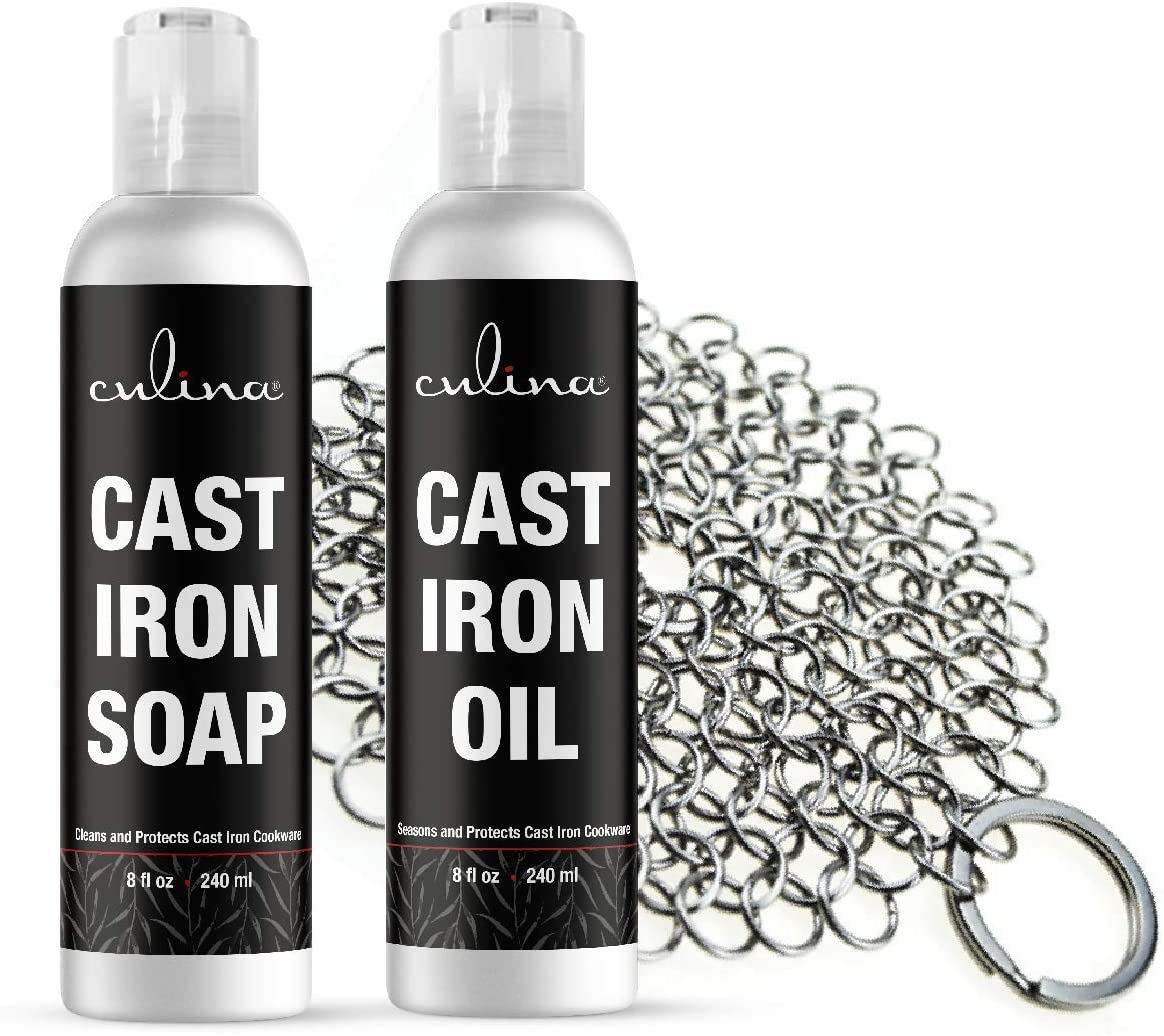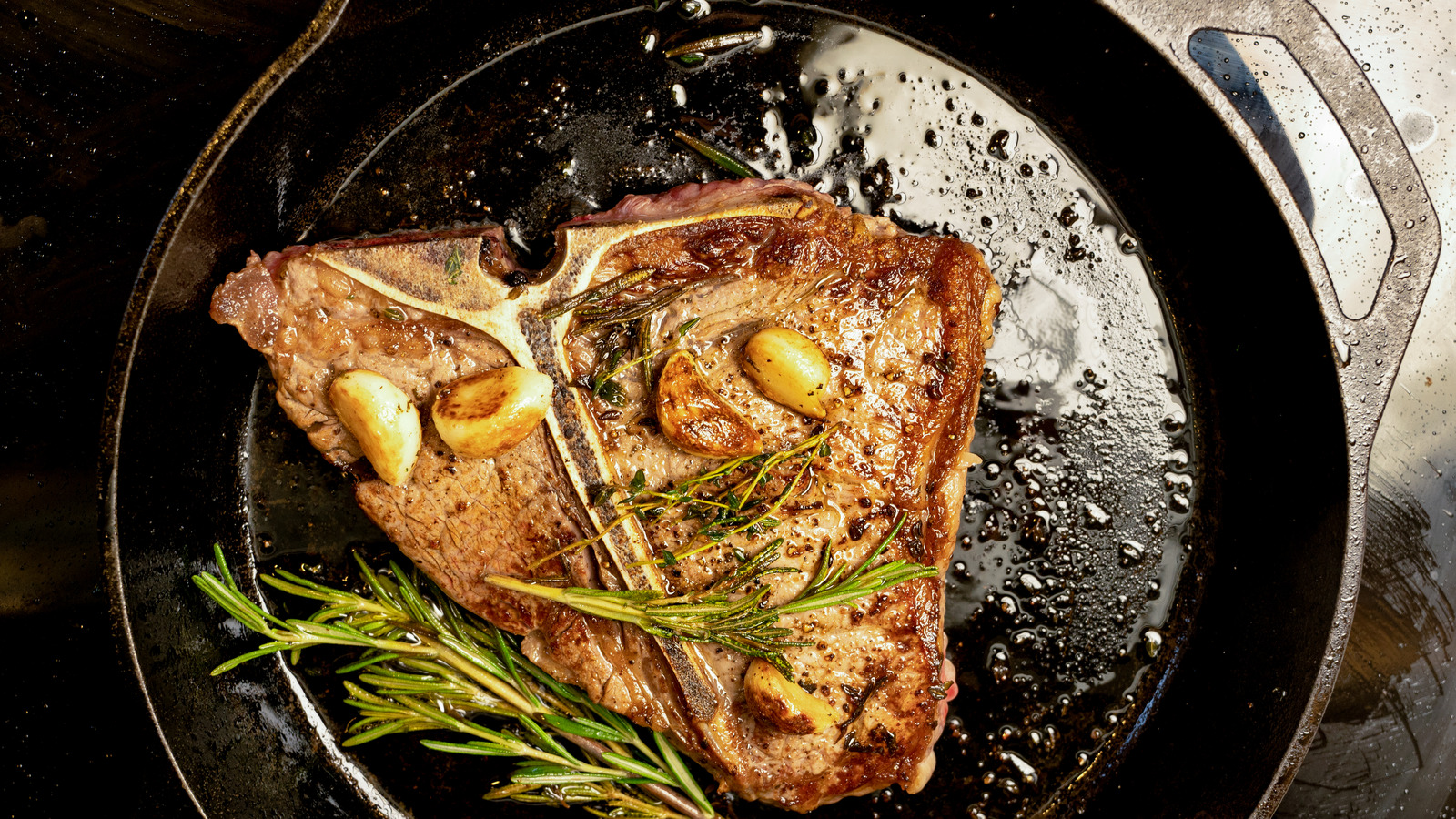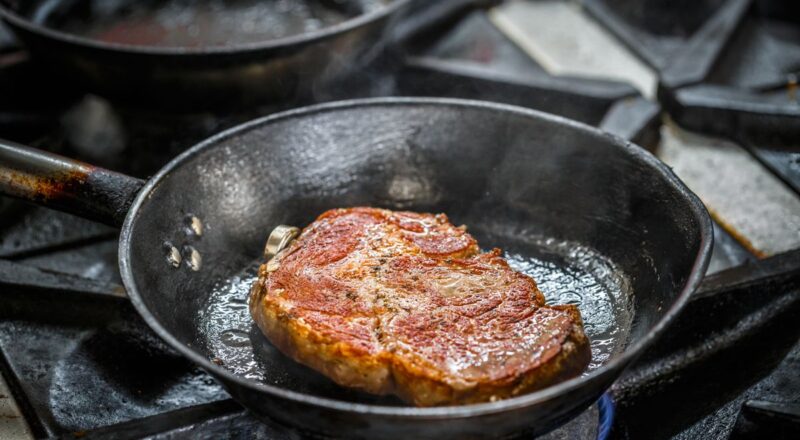Keeping your kitchenware in pristine condition is important for every cook, whether you’re a professional chef or a home cook. In particular, knowing how to clean a non stick skillet is crucial. In this guide, we provide you with details on maintaining and caring for your non stick skillet to ensure its longevity and performance.

1. Why Proper Cleaning Matters
Properly maintaining your non stick skillet helps to retain its non-stick properties, ensuring that it works efficiently every time you cook. Cleaning your skillet incorrectly can lead to flaking, scratching, and overall deterioration, which compromises the food quality.

2. Essentials for Cleaning a Non Stick Skillet
Basic Cleaning Supplies
- Soft sponge or cloth
- Warm water
- Mild dish soap
Optional But Recommended
- Baking soda
- White vinegar

3. Pre-Cleaning Steps
Before starting the cleaning process, make sure the skillet has cooled down completely. This helps prevent warping and protects the non stick surface from damage.
4. Hand Washing is Key
Hand washing is the preferred method for cleaning non stick skillets. Place the skillet under warm running water and use a soft sponge and mild dish soap to gently scrub away food residues. Avoid using abrasive pads or harsh detergents, which can damage the non-stick coating.
5. Dealing with Stubborn Stains
For tough, stuck-on food, consider using a paste made of baking soda and water. Apply the paste to the stain and let it sit for about 15 minutes before gently scrubbing. Rinse thoroughly and dry the skillet completely with a soft cloth.
6. Avoid Dishwashers
Non stick skillets should not be placed in the dishwasher. The harsh detergents and high heat can weaken and damage the non-stick coating, significantly reducing the skillet’s lifespan.
7. Drying Your Skillet
Ensure that your skillet is completely dry before storing. Even small amounts of leftover water can cause rusting. Use a soft towel or let it air dry naturally.
8. Seasoning Your Skillet
Regular seasoning isn’t just for cast iron! Lightly coat your non stick skillet with a small amount of vegetable oil, then heat it on low for a few minutes. This step helps maintain the non-stick properties and extend the lifespan of your cookware.
9. Proper Storage Tips
Store your skillet properly to avoid scratches and damage. Place a soft cloth or paper towel between stacking skillets if you have more than one.
10. Common Mistakes to Avoid
Using Metal Utensils
Always use wooden or silicone utensils to prevent scratching the coating.
Overheating
Avoid high heat, which can break down the non-stick surface over time. Stick to low or medium heat settings.
11. Regular Maintenance
Perform routine maintenance to keep the non-stick surface in optimal condition. Light cleaning after each use and occasional seasoning can go a long way.
12. Troubleshooting Common Issues
Sticky Residue
If you notice sticky residue, cleaning with a baking soda paste can usually resolve this.
Scratches and Flakes
If your skillet is scratched or flaking, it may be time for a replacement. Inferior coatings can leach harmful chemicals into your food.
13. Environmentally Friendly Cleaning Options
Consider using environmentally friendly cleaning products to maintain your skillet, which are both effective and safe for the environment.
14. Skillet Care Over the Long Term
For a long-lasting non-stick skillet, regular and proper care is essential. Think of it as an investment in your kitchenware.
15. Additional Resources and References
For more tips on skillet care, check out our articles on Greasy Cast Iron and Skillet Repair.
FAQs
How Often Should I Clean My Non stick Skillet?
Clean your skillet after every use to maintain optimal performance.
Can I Use a Dishwasher for Cleaning?
It’s best to avoid using a dishwasher. Hand washing is recommended to preserve the non-stick coating.
What If My Skillet is Severely Scratched?
If your skillet is severely scratched, it’s best to replace it to avoid harmful chemicals leaching into your food.
As an Amazon Associate, I earn from qualifying purchases.

